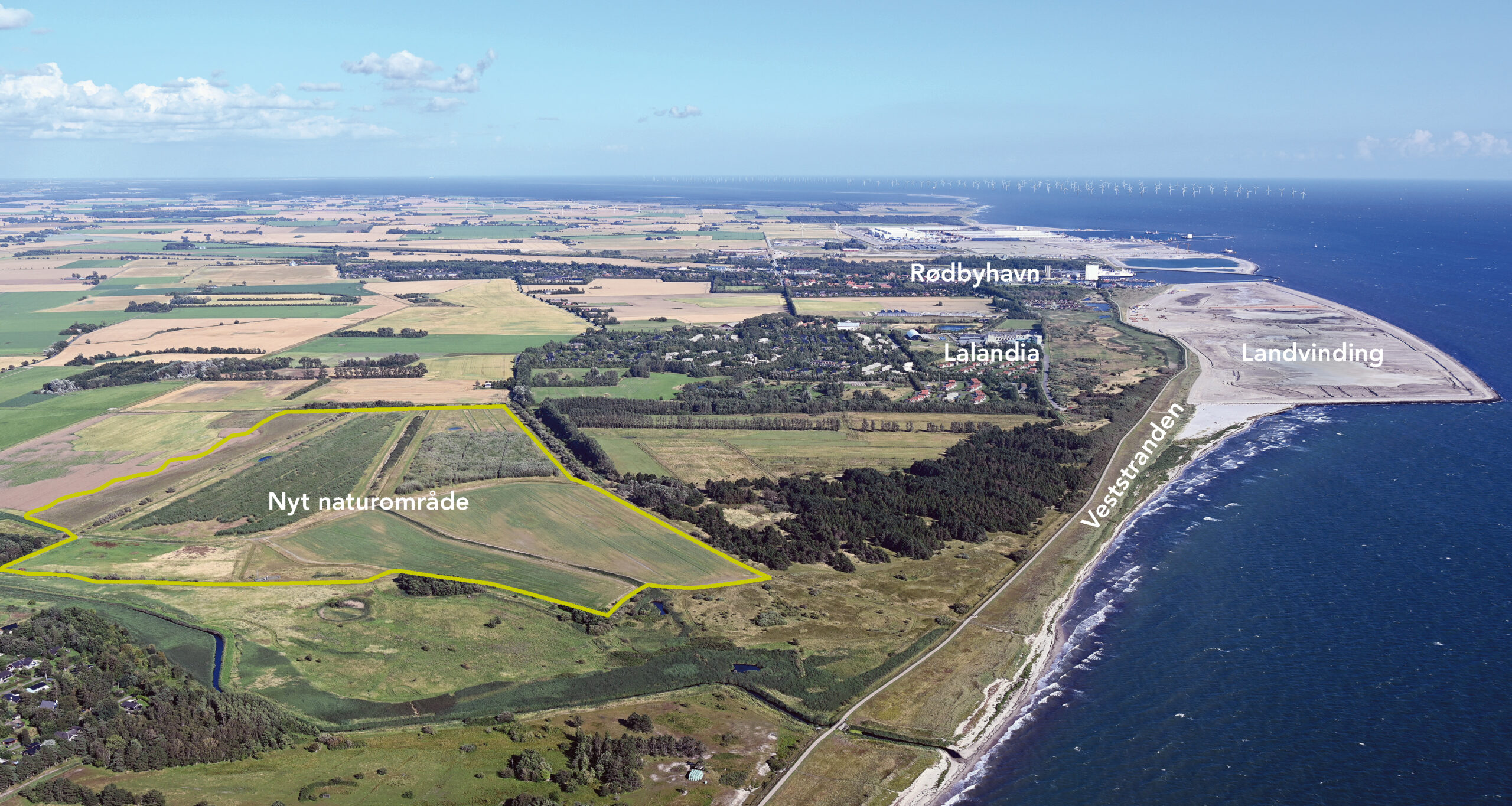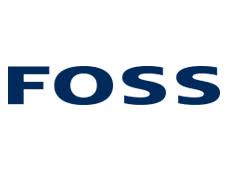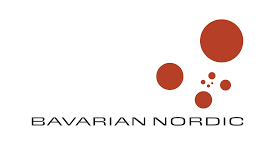A record 88,040 university applicants discovered last night whether they had secured a place at university, and for 63,525 of them it was good news.
Of the remaining 20,654 applicants who were turned down, 9,874 did not have a high enough grade point average (GPA) from upper secondary school, while 10,780 had their applications voided for reasons such as not fulfilling the application requirements.
With four percent more students securing a university place, 2013 beat the records set last year both for the number of applicants and accepted students – a trend that pleased the minister for further education, Morten Østergaard (Radikale).
“The tens of thousands of new students can not only look forward to some exciting years ahead of them, they are also opening themselves up to more opportunities in life and a far better chance of entering the labour market,” Østergaard stated in a press release. “It is vital for Denmark that today’s young people become the best educated generation ever.”
Business and vocational colleges, which educate students in close contact with the private sector, saw some of the greatest increases in admission (24 percent at Erhvervsakademi Kolding and 12 percent at Copenhagen Business Academy).
Østergaard was also pleased by this development, as it ensures that Denmark’s workforce will have the skills demanded by a private sector that is hoped to provide many of the thousands of the jobs lost during the financial crisis.
With 24 percent of students not securing a place today, a record number missed out in this first round of applications. Industry lobby group Dansk Industri (DI) is now encouraging these students to consider applying to a vocational college.
“Think about whether a vocational further education in the technical, scientific or economic fields is something for you,” DI's deputy director, Charlotte Rønhof, advised students in an interview with Ritzau. “Danish businesses have a great need for students with these qualifications."
Despite the available places in a wide range of subjects, some courses were massively overrun with applicants, leading some universities to demand sky-high GPAs.
The first and third highest GPAs that were demanded were for courses at Copenhagen Business School – 11.9 (out of 12) for international business and 11.3 for international business and politics – while molecular biology at the University of Copenhagen (KU) took second place with an 11.8 average.
According to Politiken Research, three of the ten most popular courses were within the field of medicine. KU was the most popular destination with 2,533 medical applicants, while the University of Southern Denmark took third place with 2,309 and the University of Aarhus was in sixth place with 2,155. With only 1,347 places available in medical fields nationwide, 5,650 students missed out.
The government and the nation's universities have faced criticism for the large number of students who missed out on a place this year – 24 percent were not accepted compared to an average 22 percent between 2009 and 2012 – though universities have responded by arguing that they cannot afford to enrol more students.














